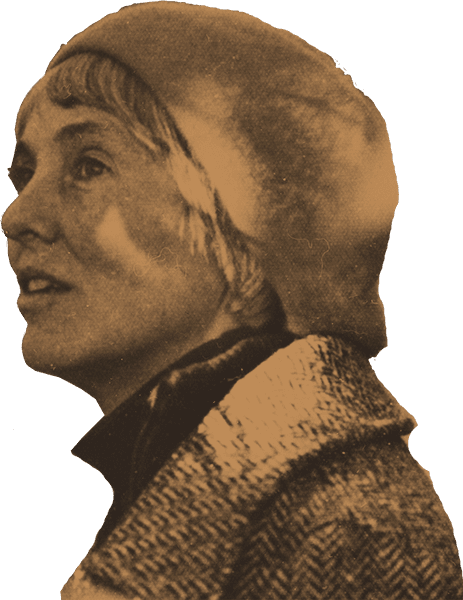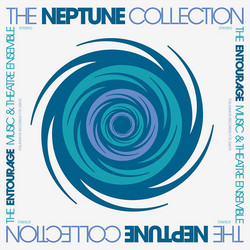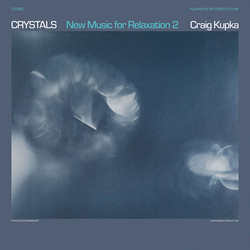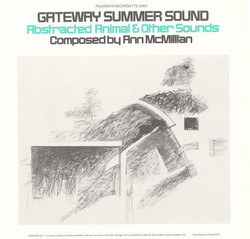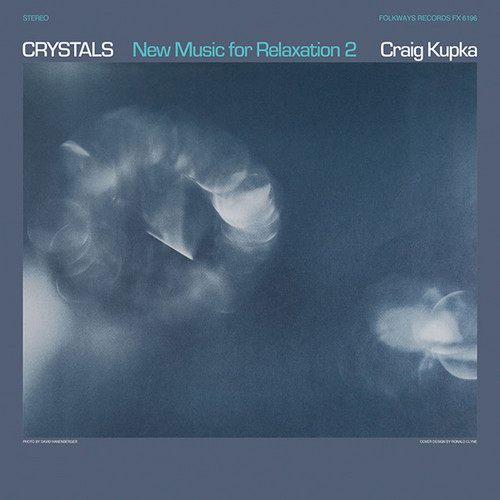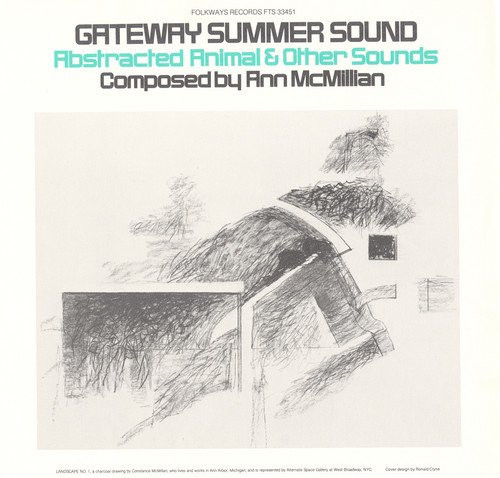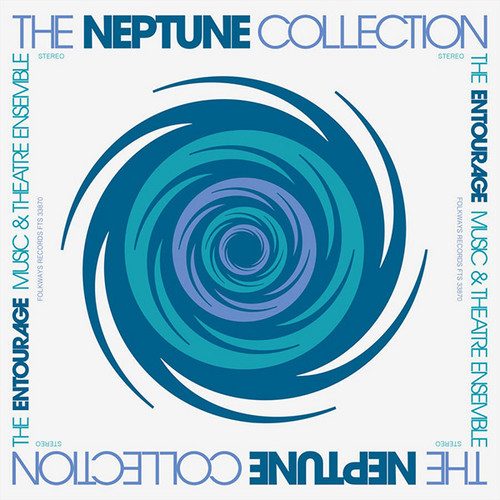Craig Kupka Crystals: New Music for Relaxation 2
When gazing over the vast expanse of the Folkways catalog, it’s impossible to miss that the vast majority of the artists that it captured would have probably been lost, had Moses Asch not offered the platform and opportunities that he did. So many indicate a history - personal or greater - attached to these sounds, that remains untold and many cases lost. One such case is Craig Kupka, a California based composer who recorded two LPs for Folkways, 1981’s Clouds: New Music For Relaxation and Crystals - New Music For Relaxation 2, from 1982.
Craig Kupka - similar to The Entourage Music and Theater Ensemble - belongs movement musicians and composers, working across the 1960s, 70s, and 80s, that sought to create music on more multidisciplinary and cross-contextual terms - in his case largely dance - while also forging toward more practical and humanistic uses of sound, the territory more broadly explore by his two records for Folkways. Born in 1946 in Los Angeles, studied piano, harpsichord, trombone, composition at UCLA, before embarking on a career as an composer and live accompanists for modern dance, as well recording a series of LPs - Modern Dance Technique Environments - for the disciple.
Like its predecessor, Clouds, Kupka’s second album for Folkways, Crystals: New Music for Relaxation 2, delves into a complex, multi-faceted field that the composer began to occupy during this period, building upon his belief in the utility of sound and movement in applications of education and stress reduction in numerous environments; dance therapy, meditation, relaxation, yoga, maternity wards, and psychiatric care, etc. While aspects of these approaches clearly align with the New Age movement during this same era, the immediate association is largely dispelled once Crystals is heard. It is far more aligned with avant-garde and experimental music than it is with anything else.
Comprised of two, sidelong works for trombone and synthesizer, Crystals is startling complex. Its first, Trombones Of Lithia, is one of the most intoxicating works of drone that could be encountered, flirting around the boundaries explored by La Monte Young, Yoshi Wada, and Jon Hassell, while taking somewhere entirely new. Long tones, spinning rippling harmonics, are broken by rising and falling pulses, both interventionary and melodic, as well as imposed by the limits of breath. While unquestionably immersive, Kupka never fully indulges the nature desire for total loss, keeping the ear present and active as the work evolves. The second side, taken up by the even more startling Crystals, lays far beyond the preconceptions of music for meditation tends to be, venturing into a realm of deconstructed melody, staggering tones, and abstract forms, building a constellation of sounds to be orbited from within.
Like so many musical forms that suffer from historical neglect, Kupka’s Crystals: New Music for Relaxation 2 stands beyond the tidy definition of proximity and genre; offering something that is neither what is presumed to be avant-garde and experimental music, nor New Age or ambient. It stands on its own, and makes a new proposition of what music can be, doing so on endlessly engaging and visionary terms. Like all three of the Smithsonian Folkways reissues in this batch, its reemergence offers a crucial tool in rewriting the narratives of 20th century music in more just and democratic terms. When faced with his sounds, there’s every reason for Kupka to stand beside the best of his peers working in New York and beyond. Incredibly essential and not to be missed. Remastered from the original 1982 master tapes, packaged in classic Folkways-style tip-on jackets with liner notes. Grab it while you can.
